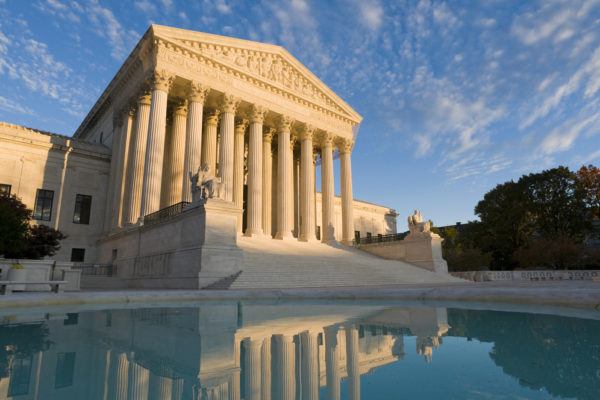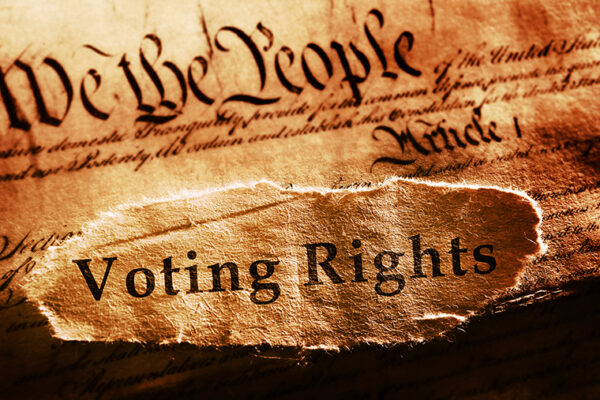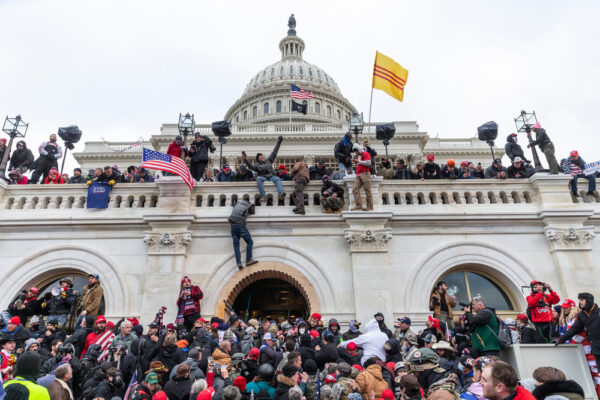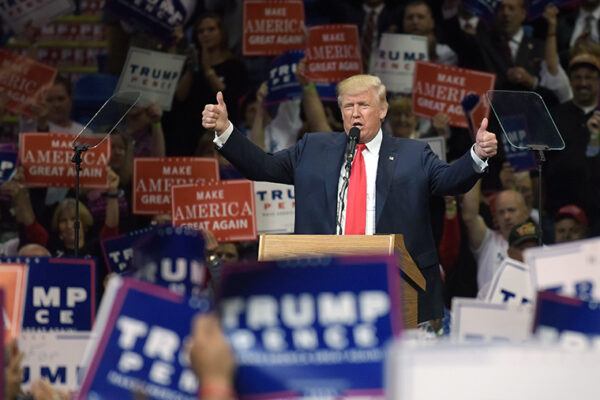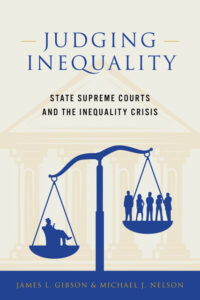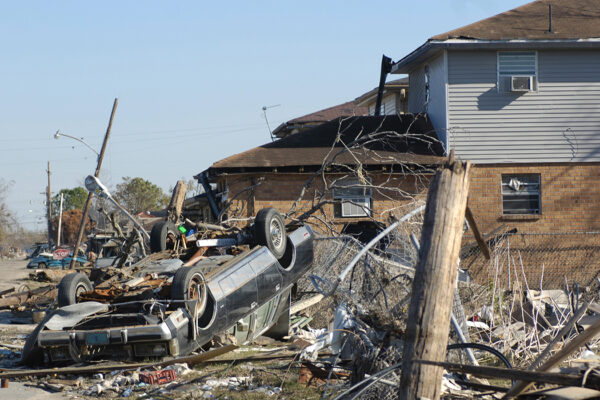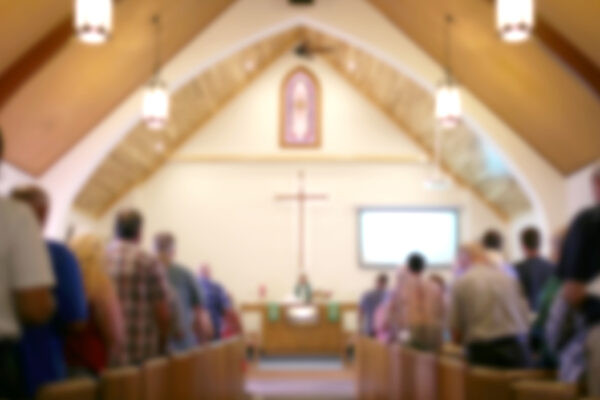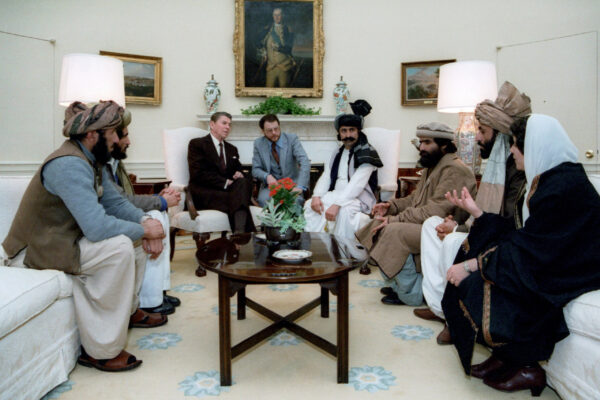Research demonstrates importance of consistent branding in political television ads
An analysis of television ads from the 2016 presidential election shows messages that are centrist and consistent with the candidate’s primary messages lead to increased online word of mouth chatter and higher daily poll ratings.
Biden nominee could shake up court’s liberal wing
If President Joe Biden follows through on his promise to nominate a Black woman to replace retiring Supreme Court Justice Stephen Breyer, longer-term change to the court is possible, based on voting patterns of Black female judges versus white male judges, suggests new research from Washington University in St. Louis.
WashU Expert: Filibuster carve-out protects majority rule
A voting rights filibuster “carve-out” — or making an exception to the 60-vote threshold to overcome a legislative filibuster — would help to preserve the core democratic principle of majority rule, says an expert on constitutional law at Washington University in St. Louis.
One-year anniversary of siege on U.S. Capitol
January 6, 2022, marks the one-year anniversary of the attack on the U.S. Capitol building by supporters of president Donald Trump. Here, university experts in political science and law offer their thoughts on what the attack means.
Democracy in Danger: Former congressmen launch bipartisan call to action
The Washington University in St. Louis community is invited to register for a virtual discussion with former U.S. congressmen Russ Carnahan and Tom Coleman about voting rights and the threats facing American democracy.
Partisanship, the economy and presidential accountability
New Arts & Sciences research shows that voters are surprisingly objective in how they assess the economy. Voters will actually hold the president accountable for the state of the world, Andrew Reeves said.
Judging Inequality
State Supreme Courts and the Inequality Crisis
Social scientists have convincingly documented soaring levels of political, legal, economic, and social inequality in the United States. Missing from this picture of rampant inequality, however, is any attention to the significant role of state law and courts in establishing policies that either ameliorate or exacerbate inequality. In “Judging Inequality,” political scientists James L. Gibson and […]
Preparation versus relief: Understanding public support for natural disaster spending
Research by Michael Bechtel in Arts & Sciences examines how personal exposure to natural disasters and policy knowledge affect voters’ support for long-term disaster preparedness.
Cultural backlash: Is LGBTQ progress an attack on Christianity?
New research by Clara L. Wilkins and Lerone Martin in Arts & Sciences explains why some Christians view recent LGBTQ progress as a threat and offers possible interventions to reduce such all-or-nothing beliefs.
WashU Expert: There is no end to forever
The swift fall of Afghanistan to the Taliban apparently signals the end of a nearly 20-year conflict. But is it, asks Krister Knapp, a teaching professor of history in Arts & Sciences at Washington University in St. Louis. Or is this simply the beginning of the next chapter of U.S/Afghan entanglements?
Older Stories

